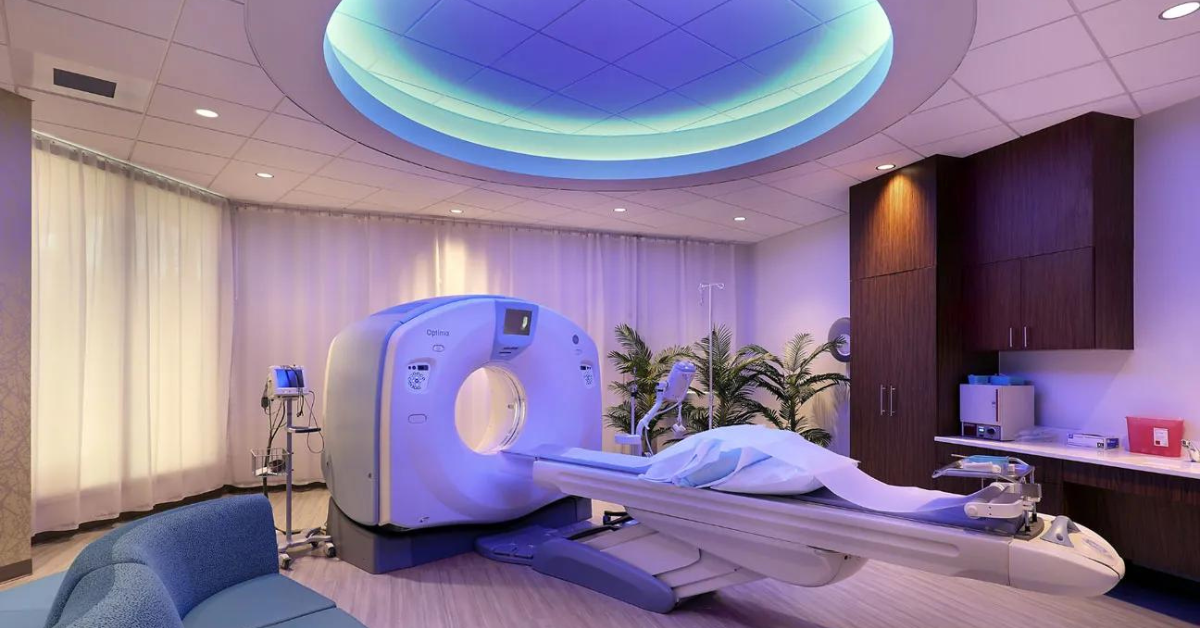We all strive for a longer, healthier life, but how many of us truly understand the intricate mechanisms within our own bodies? Most of us operate on autopilot, unaware of the silent battles waged daily within our cells. We focus on external factors like diet and exercise, but what about the internal landscape? Ignoring the internal workings of your body is like navigating a ship without a map – you might reach your destination, but the journey will be far riskier and less efficient. This article explores the fourth crucial element in my personal longevity strategy: gaining a deep understanding of your body’s inner workings and proactively addressing potential issues before they become life-threatening. This isn’t about becoming a doctor; it’s about empowered self-awareness, enabling you to partner effectively with your healthcare team for optimal well-being.
Understanding Your Baseline: The Foundation of Proactive Health
Before you can optimize anything, you need a baseline. Regular check-ups with your doctor are essential, but these often focus on immediate issues rather than establishing a comprehensive understanding of your long-term health trajectory. Consider advanced screenings beyond routine blood work. Regular comprehensive blood panels, detailed metabolic analyses, and even genetic testing can offer invaluable insights into your individual predispositions and potential risks. This data provides a roadmap, illuminating hidden vulnerabilities before they manifest as full-blown diseases.
The Power of Biometric Monitoring: Tracking Your Internal Ecosystem
Modern technology offers incredible tools to monitor our bodies in real-time. Wearable devices that track sleep, heart rate, activity levels, and even blood oxygen saturation are readily available and increasingly sophisticated. This continuous monitoring paints a dynamic picture of your health, revealing patterns and anomalies that might otherwise go unnoticed. Data-driven insights allow for timely interventions, preventing minor issues from escalating into major health crises. The key is to view this data not as mere numbers but as indicators of your body’s overall state.
Advanced Imaging and Diagnostics: Visualizing the Invisible
When faced with unexplained symptoms or concerning patterns in biometric data, advanced imaging techniques are crucial for diagnosis. MRI, CT scans, and ultrasounds can provide detailed visualizations of internal organs, allowing for early detection of abnormalities like tumors, blockages, or inflammation. While these techniques are typically used reactively, incorporating them proactively, guided by personalized risk assessments, can significantly increase your odds of early detection and improved treatment outcomes.
Data-Driven Decision-Making: Collaborating with Your Healthcare Team
The information gleaned from regular checkups, biometric monitoring, and advanced imaging isn’t merely for your own consumption. It’s a powerful tool for collaboration with your healthcare team. Armed with comprehensive data, you can engage in more informed conversations with your doctors, leading to better diagnoses, more personalized treatment plans, and ultimately, better health outcomes. By becoming an active participant in your health journey, you transform from a passive recipient of care into a proactive partner in your longevity.
The Importance of Early Detection
| Condition | Early Detection Method | Potential Benefits |
|---|---|---|
| Cancer | Regular screenings, blood tests | Higher survival rates, less aggressive treatment |
| Heart Disease | Blood pressure monitoring, cholesterol checks | Lifestyle changes, medication management |
| Diabetes | Glucose monitoring, blood tests | Dietary adjustments, insulin therapy |
In conclusion, neglecting the intricate inner workings of your body is a gamble with your health and longevity. By actively monitoring your internal systems, interpreting data thoughtfully, and collaborating effectively with your healthcare providers, you can dramatically increase your chances of living a longer, healthier life. This approach isn’t about fear, but about empowered self-awareness – taking control of your health destiny through understanding and proactive management. It’s about avoiding the tragic irony of dying from something easily preventable; a death that feels profoundly stupid in retrospect. Make informed choices, and embrace the proactive path to a longer, more vibrant future.

